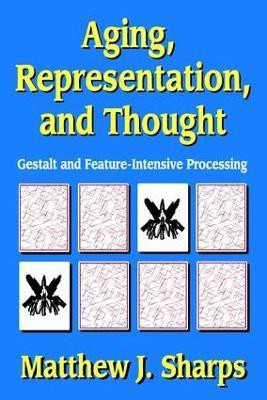Aging, Representation, and Thought(English, Paperback, Sharps Matthew)
Quick Overview
Product Price Comparison
The brain contains many distinct functional and anatomical regions. Despite these differences, brain tissues are sufficiently uniform in the fact that they can engage in various types of processing. How can functionally different kinds of processes, such as verbal memory and reasoning, visual and auditory memory, and mental imagery, all be supported by the relatively uniform electrochemical activity of a brain's neurons? How are they appropriately segregated and integrated as needed? In Aging, Representation, and Thought, Matthew J. Sharps provides an empirically based, functional answer to what is, from the standpoint of modern cognitive psychology, a critical theoretical issue. Sharps argues that the crucial factor is the degree to which information is subjected to processing that is more gestalt or feature-intensive in nature. Sharps shows that purely gestalt processing deals with information in large "chunks," providing for relatively little incisive analysis. Purely feature-intensive processing, on the other hand, tends to ignore the overall nature and context of information in favor of comparatively minute analyses. It provides for relatively comprehensive analysis, but also for slow, cumbersome processing. Neither process, however, works in isolation, and Sharps demonstrates how information processing occurs on a continuum between the two extremes. Sharps' theoretical perspective is amply borne out by the results of specific experiments in all of the cognitive realms he addresses. He provides relatively comprehensive explanations for a variety of phenomena including the diminution of specific cognitive processes with age, and errors in eyewitness memory, reasoning, and decision-making at all levels of human activity. Aging, Representation, and Thought will be of interest to psychologists, students of adult development and aging, and management specialists.


